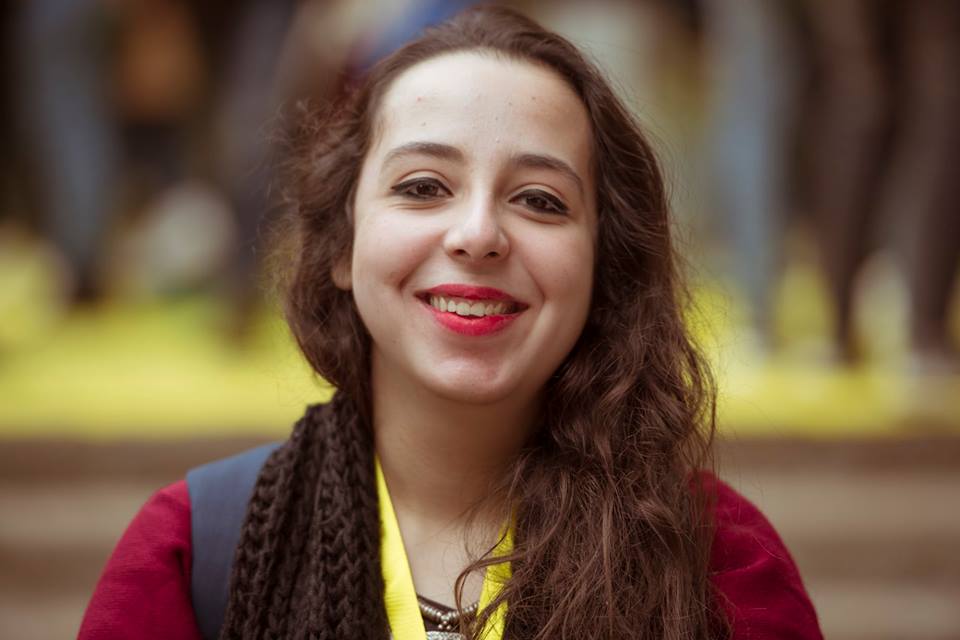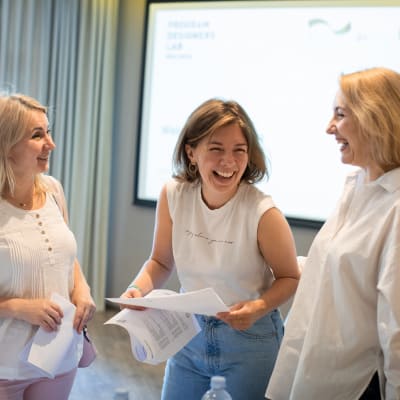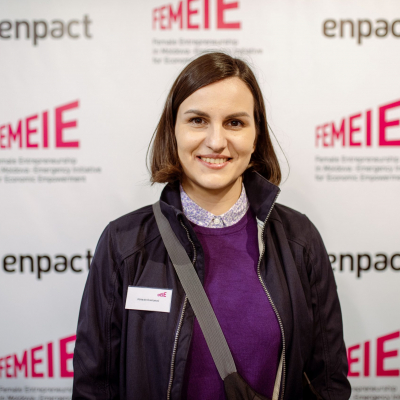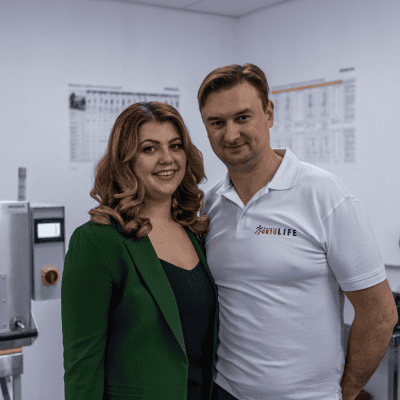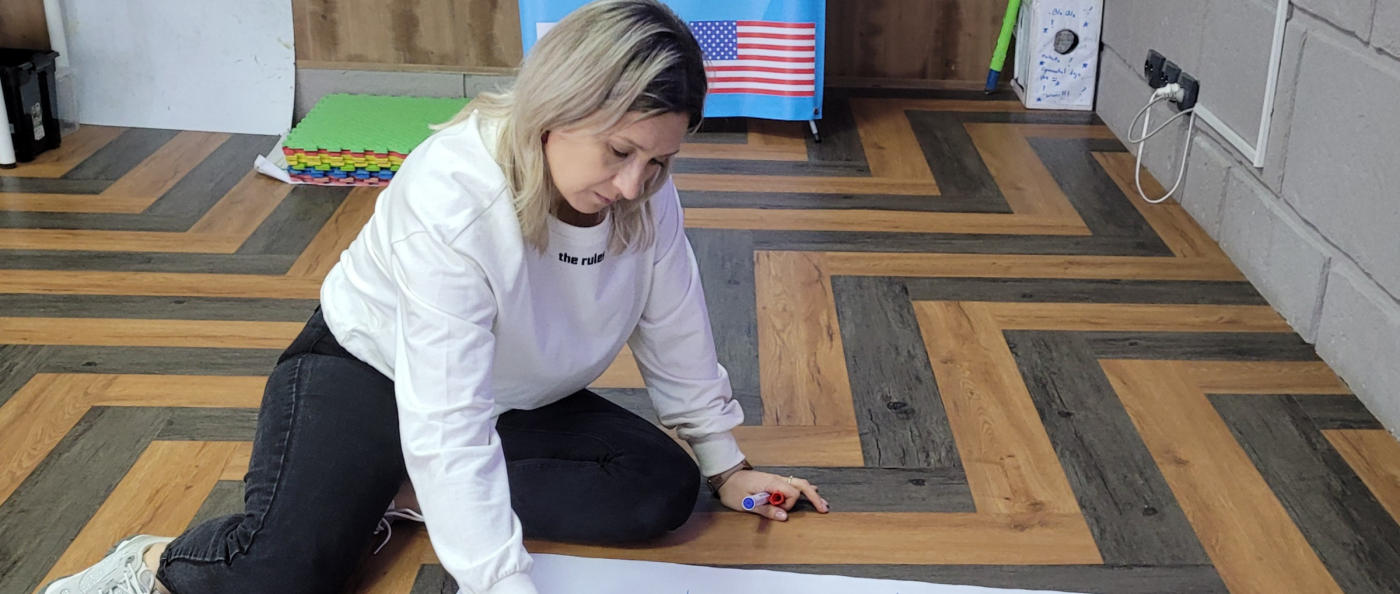
Svetlana Malevanciuc pushes forward accessibility of education in Moldova
According to research by the United Nations’ International Children’s Emergency Funds (UNICEF), around 85% of children in rural Moldova advance from primary to lower secondary schools. There has been more attention in the last two decades into investing in education on a national scale, however the COVID-19 pandemic, followed by the severe impact of the Russian war of aggression in Ukraine, have presented unprecedented challenges to the development of the Moldovan education system. The World Bank specifies that the performance gap between privileged students and students from underserved communities has widened, and the need for resilient and accessible education systems has significantly increased.
Meet Svetlana Malevanciuc, founder and director of EduGoLux, an educational center in the South of Moldova, dedicated to providing language and IT educational services. Svetlana and her team are committed to making education accessible and attainable for people of all ages in their town and the surrounding areas
Svetlana’s passion for teaching started over twenty years ago, in 1997, when she first started to tutor English as an attempt to do something she loves and make some pocket money. From then, it grew into her full-time occupation, leading up to her opening her own NGO and education center in 2010.
“Education has always been very important in my family. Though, it wasn’t easy to get. I grew up in the 90s and we had a lot of financial difficulties during that time. I started working when I was 17, and had the opportunity to live and learn abroad, but this is my home. I live and work where I was born, I’m not going to go anywhere, I love this place and want to invest in.”
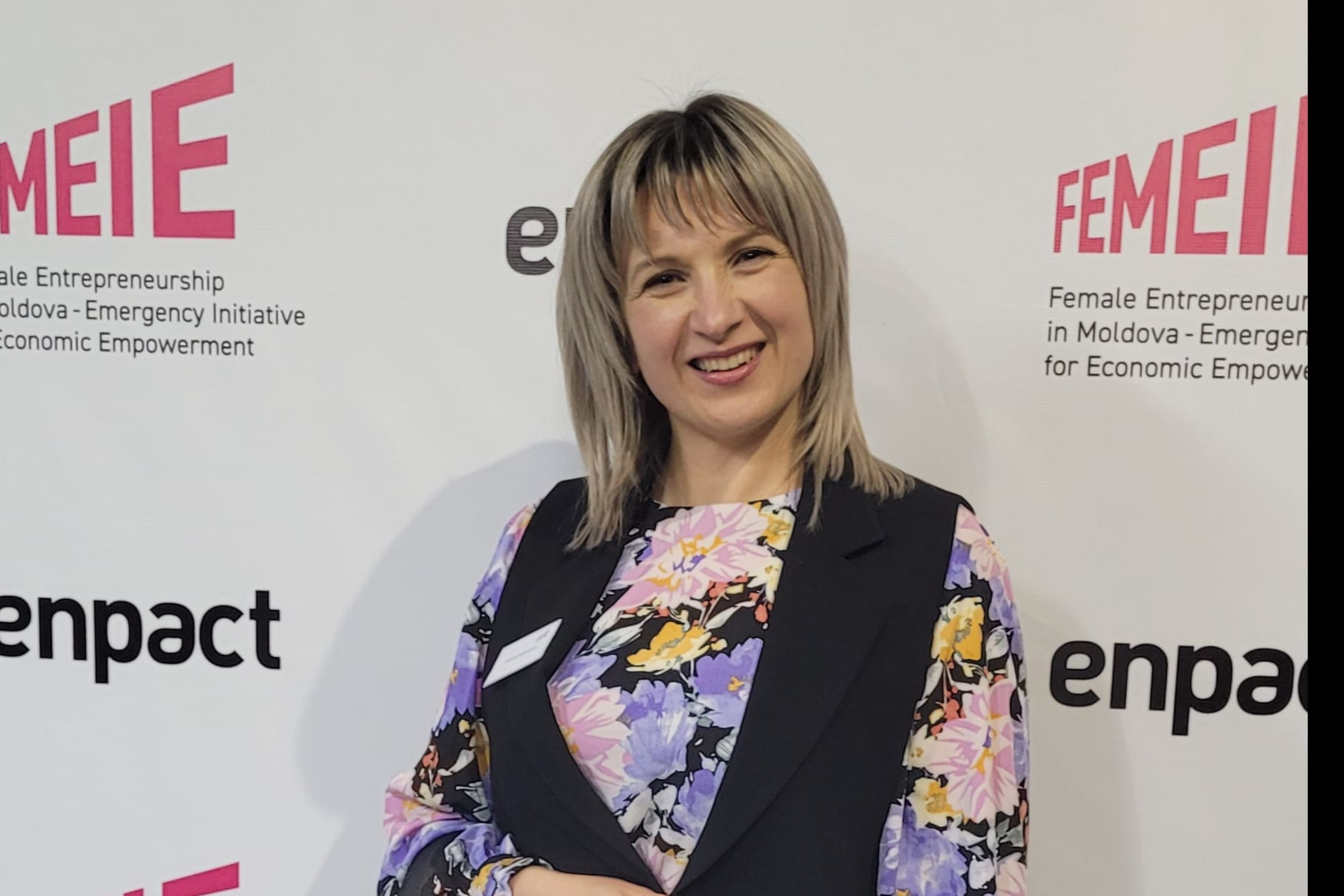
The impact of the center
The center, situated in the town of Căușeni, a small town in Moldova with around 20,000 inhabitants, offers courses in English, German, Italian, along with IT classes on coding, robotics and programming. The center serves a wide range of students across all age group with its different programs; with their youngest being a 4 year old, and their oldest being 63.
Over the years, Svetlana’s center, EduGoLux, has taught thousands of students. On average, they teach around 800-900 per year.
“We try to keep the price really affordable for people in our region. Every term, we have around 30 to 40 students, usually younger kids or teenagers, who attend the courses absolutely for free, to give them a chance. The only condition is to work hard and commit to learning, and they do. A lot of our students are able to study abroad through collaborations with our international partners. We facilitate the way for exchange programs where our students can have access to scholarships and opportunities to study in the United States, China and all around Europe.”
EduGoLux collaborates with organizations like Love Volunteers to coordinate hosting short-term volunteers from countries like the United Kingdom, Canada, Australia and New Zealand to teach at the center. Since 2017, 4 of their students won international scholarships to continue their education and get their degree abroad. Other students have gone on to represent Moldova in international competitions. The center’s partnerships have also enabled students to win access to spending exchange years abroad in the United States and in Switzerland since 2011, supported by initiatives like the FLEX program and organizations such as the Pestalozzi Children’s Foundation.

The onset of the war and mobilizing local resources for support
“Our town is on the main road from Odessa to Chişinău, we are around a 100 KM out from the border. When the war started, there was a great panic. Around 30 of the families of our students left Moldova during the first weeks because they didn’t know what was going to happen, and of course the students resigned from the center. We tried to keep some of the classes going online, but that didn’t work with everyone. In that summer, we had probably 20% of our usual amount of students during the term.”
While the center was affected financially by the onset of the Russian war of aggression, just like every business and organization across the country, Svetlana and her family still utilized the resources they had to provide support. They accommodated refugees in their apartment, and during that time, also offered them access to the education services to help them with the transition. One of the people staying at their apartment was studying to be a nurse, and took part in the English courses with Svetlana during her stay in Căușeni, after which she moved to the UK to continue her work.
Becoming a part of the FEMEIE community
“I came across the program online, and once we read more about it, felt like it really was tailor-made for us. I didn’t expect it at first to be as helpful as it turned out to be. The team has been really supportive, and I have a great match with my mentor – we’ve just started last month, and already done a lot.I was a bit worried at first – I’ve never had a mentor before, this was all very new to me to have this kind of support, but, we already have results. Our mentor, Ion Mocanu, is also from Moldova, and we meet once a week aside from ongoing check-ins. We are now working on new ideas and improving our business model, he has experience in the IT structure and is helping us with creating a platform where we can better do our work online and develop new products. We are building this platform through the budget for external services from the FEMEIE program.”
Recently, Svetlana and her team were able to buy the building where the center is housed, which relieved the financial burden of rent and enabled them to invest further into the development of the center. The financial support of the FEMEIE program goes to paying the space and the equipment that the students are using, with a focus on making the learning environment more accessible and engaging.

Next steps
EduGoLux is currently running their 15th annual summer camp for children, where over 40 students up to high school age are taking part.
“I think it’s so important to love what you do. One of the most rewarding experiences for me is that we now have a second generation. People who have participated in our center, in our summer camps or courses, are bringing their young kids to the center to start learning with us. To me, that means everything. It’s a lot of work everyday, but I love it.”
Aside from developing their online education platform, Svetlana is also working to introduce new subjects, such as mathematics, into their courses. She is also integrating more women in the community into working with the center, as empowering women and especially mothers with opportunities and education is a priority for her.
